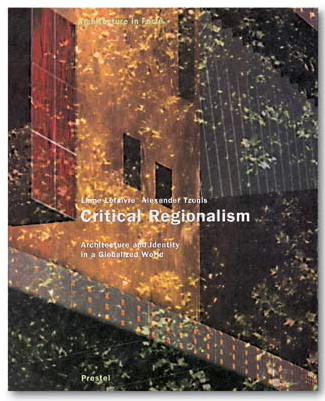Like anybody who enjoyed the eighties through the lens of a teenage pop world made of punk and indie, I appreciate a kind of resistance that is neither strictly political, nor purely ideological.
If something, I go for a notion of resistance that is somewhat anarchic, and declaredly anti-mainstream: a feeling that relies on the need to retain inspiration and a certain food for thought for a small minority that refuses to go along with the uncritical credo of the (now twittering) mob.
It was typical of this teenage mentality to reject any pop band that, after its first unknown albums, attained popularity and therefore became condemnable in the eyes of the elected few who knew better. In a word, after a promising start, they had sell out.
I’ve grown to joyfully embrace all forms of pop – from late Billie Jean to reborn Kylie Minogue – and, with a progressive degree of realism and a little bit of Adorno, I’ve also come to accept that everything will eventually be recuperated. And everybody seems to sell out at some point, even if only allegedly to be able to pay for the office bills or for their children’s whims.
Paradoxically, my idea of resistance now stems from the clarification that everything will, at some point, be re-integrated into some sort of system of mass consumption – like punk itself ended up demonstrating (even if in endless second comings).
The only form of resistance lies, under that circumstance, in the ability to undermine from within. There, I said it. I’ve stated my program. 🙂 (And the revolution will not be televised.)
This being said, it is also true that I tend to get terribly suspicious of gurus – so please keep me out of that club to which Groucho Marx did not like to belong. Incidentally, in my view of resistance, Groucho’s Marxism would be the only ideology I would gladly embrace.
So, naturally I agree with much of what Thomas de Monchaux says when he points to the problems of “overvaluing the guru” in a text on the latest Pritzker Prize, published in the excellent Design Observer. In such a case, it is not that I don’t recognize any of the wellknown masters’ flaming qualities, but I don’t think that licking the master’s ass does much good to either the licker or the licked.
In the same vein, I was quite glad to find out that also Lebbeus Wood recently posted on architecture and resistance, showing his usual concise depth in dealing with the notion. In his serious, yet delicious, “resistance checklist”, Lebbeus also warns of resisting the “people who seem invincible.”
 Portuguese architecture, for example, was once renowned for its embodiment of resistance. Such a reputation owed much to Kenenth Frampton’s need to find good examples to support his neo-modernist theories, thus finding in Alvaro Siza and others good motives to oppose the then prevailing post-modernists. Critical regionalism, as earlier defined by Alexander Tzonis and Liane Lefaivre, used to imply an important political dimension.
Portuguese architecture, for example, was once renowned for its embodiment of resistance. Such a reputation owed much to Kenenth Frampton’s need to find good examples to support his neo-modernist theories, thus finding in Alvaro Siza and others good motives to oppose the then prevailing post-modernists. Critical regionalism, as earlier defined by Alexander Tzonis and Liane Lefaivre, used to imply an important political dimension.
Today, Portuguese architecture is totally beyond that early notion of (political-economical) resistance. As I’ve written at more length in another text, the master architects are also the most prized by the market. And only if they are true masters do they continue to (ocasionally) subvert from within…

Pingback: Breakthrough « shrapnel contemporary
Pingback: Manifesto as Hyperactive Ego Trip « shrapnel contemporary
Pingback: # MANIFESTO /// Pedro Gadanho | The Funambulist